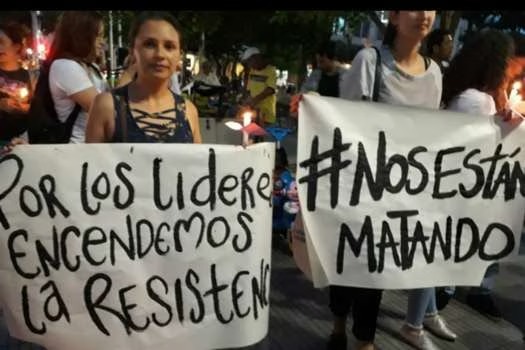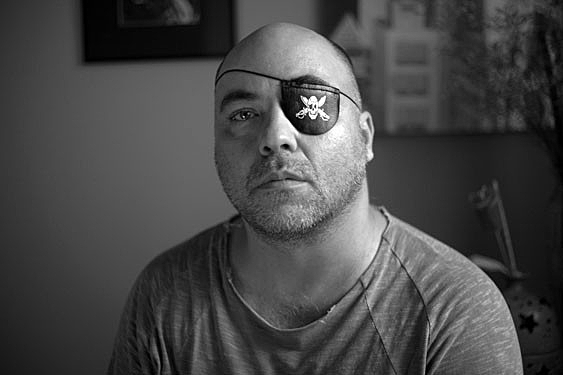Status: Closed
-
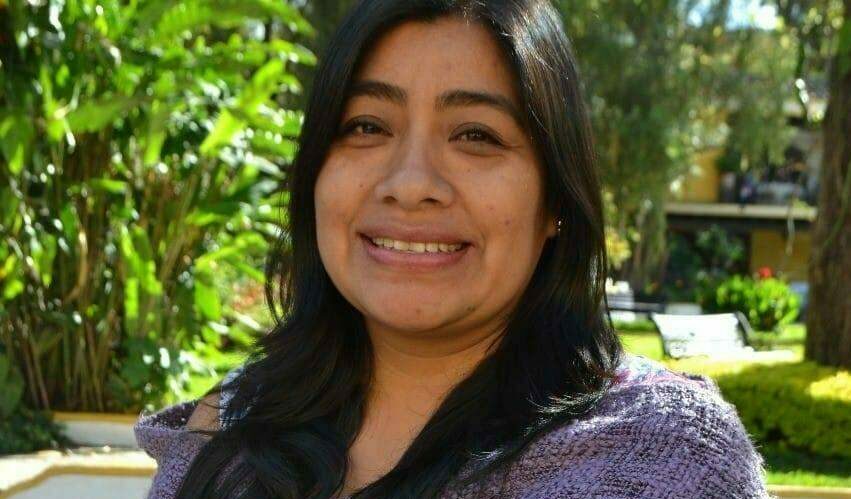
Norma Sancir Case
Indigenous journalist Norma Sancir was detained and beaten when she was covering a demonstration in September 2014. More than eight years later, the criminal procedure against the four police agents responsible for the attack is still on-going, as a result of intentional delays caused by the agents’ defense.
-
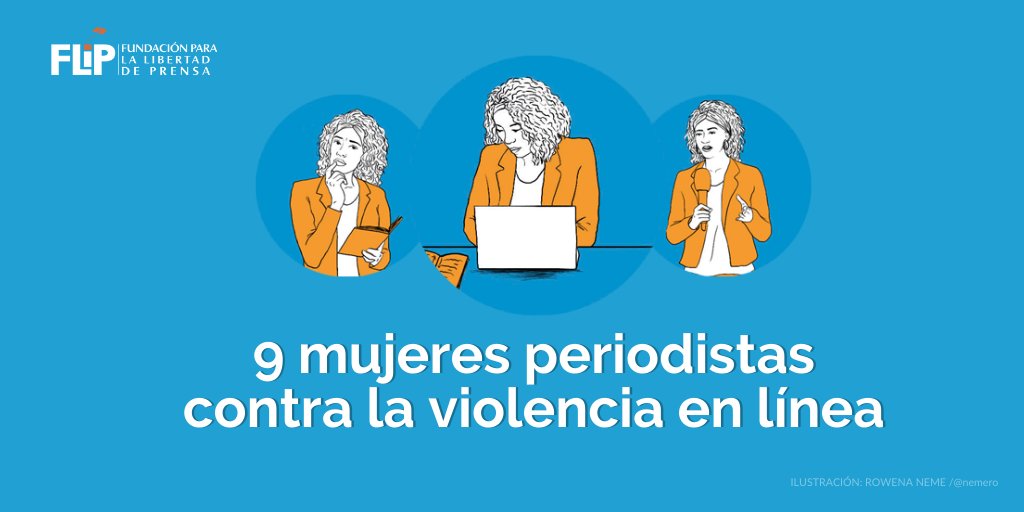
The case of Nine Women Journalists in Colombia
Nine women journalists from Colombia filed a tutela petition, asking for measures to be taken in order to protect them from the online sexist attacks they had been suffering, as a result of their work disseminating information of public interest or related to the actions of different political parties and actors. In May 2023, the…
-
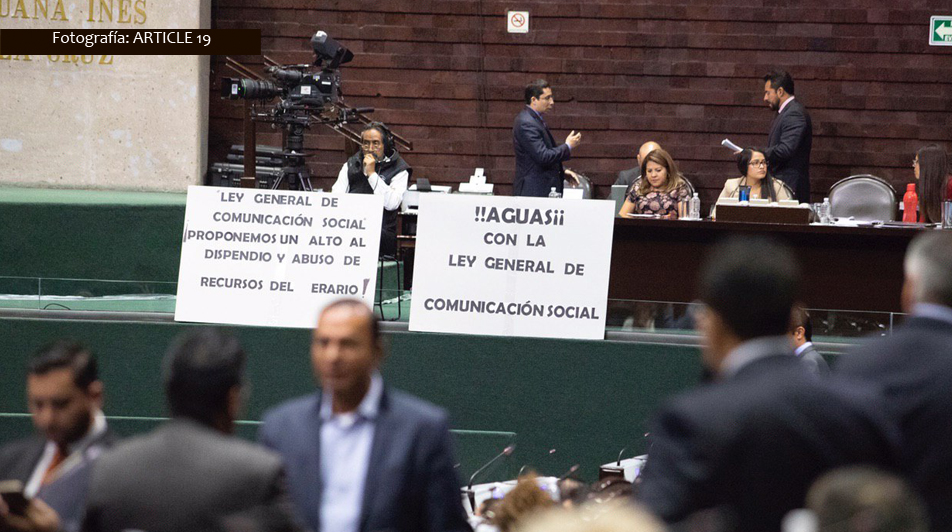
Mexican General Law of Social Communication
The General Law of Communication, which was passed on May 11, 2018, did not comply with international standards on freedom of expression, access to information and government advertising. Even though a 2017 Supreme Court ruling ordered the Congress to fix these issues, the latest changes to the Law are still contrary to international standards.
-
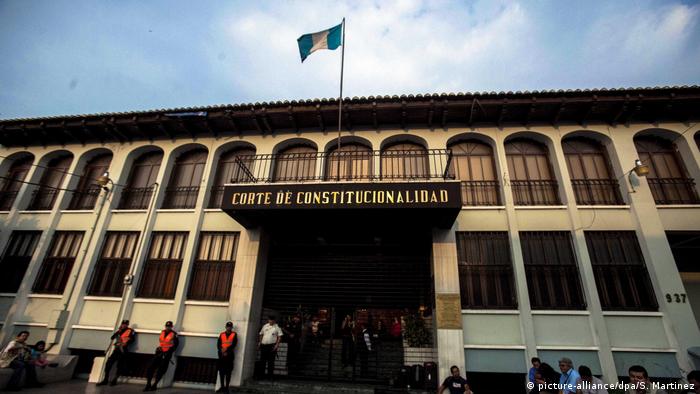
Guatemala’s Law on Non-Governmental Organizations
On February 11, 2020, the Guatemalan Congress approved reforms to the Law on Non-Governmental Organizations, which increased governmental control over NGOs operating in the country. This law empowers the government, specifically the Ministry of the Interior, to withdraw the registration of an organization without any type of procedure, and to control funds derived from international…
-
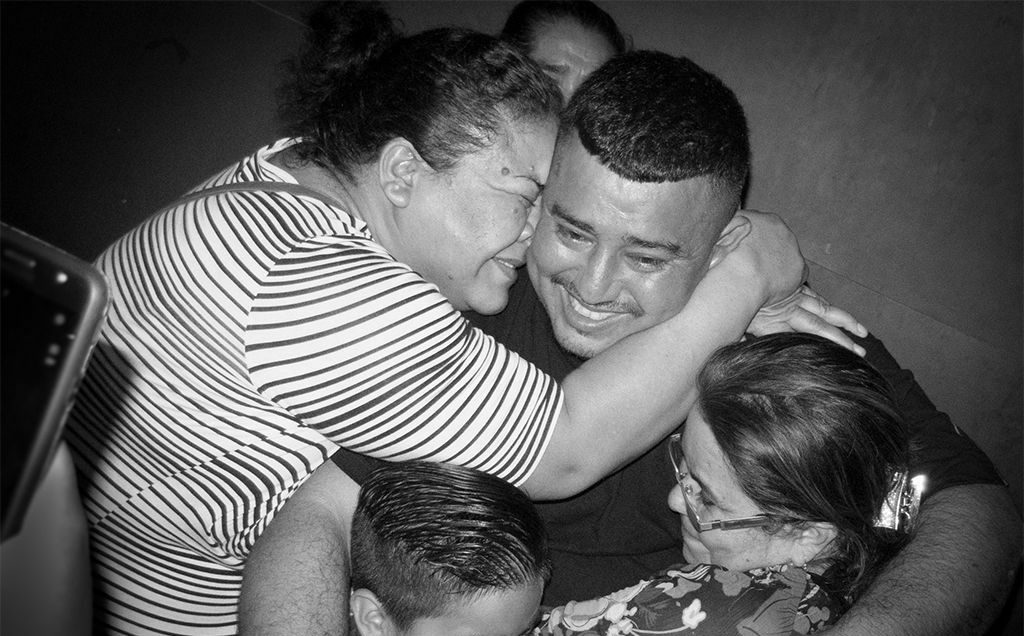
Jhony Andrés Salgado Fuentes Case
Jhony Andrés Salgado Fuentes was arbitrarily and illegally detained inside his home in the context of the 2017 post-election protest. The case against him was dismissed in March 2022. Even though there was a criminal proceeding against the police officers responsible for the detention, they were cleared of criminal responsibility.
-
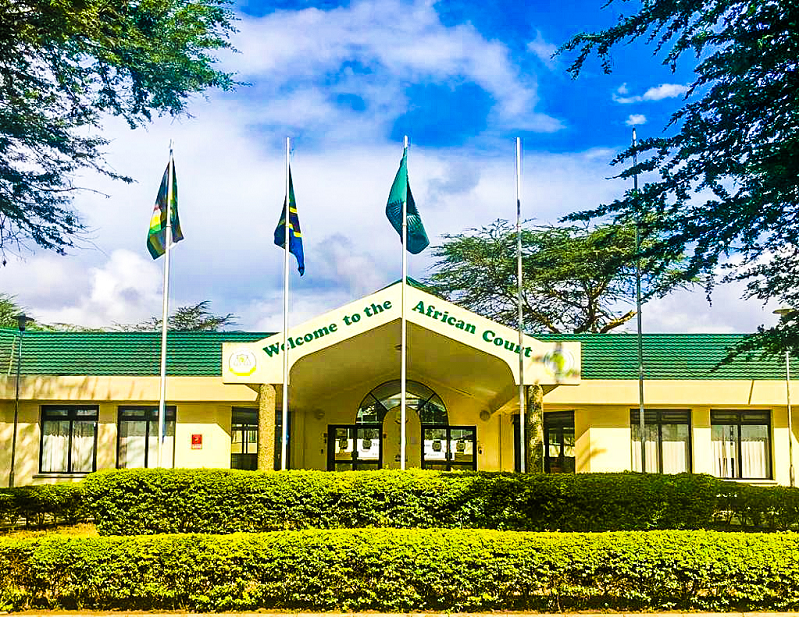
Touray and others v. The Gambia
The case discusses the Public Order and Security Act in The Gambia, and the consequences for the right to protest against the government.
-
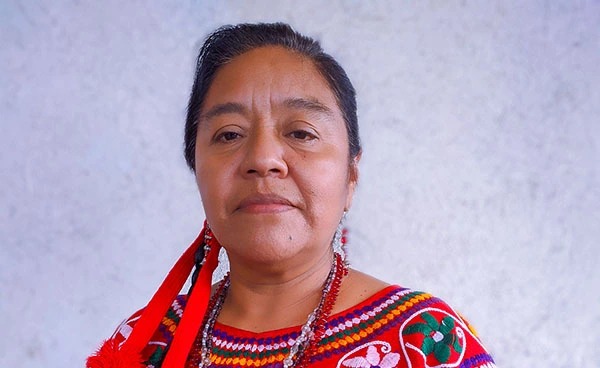
Criminalization of Mayan Women Journalists
Anastasía Mejía Tiriquiz, an indigenous journalist, and Petrona Siy Castro, an indigenous community leader, were arrested in the context of a protest that took place on August 24, 2020 in Joyabaj, against the local mayor. After facing a criminal proceeding for the crimes of sedition, arson and aggravated assault, they were released on September 3,…
-
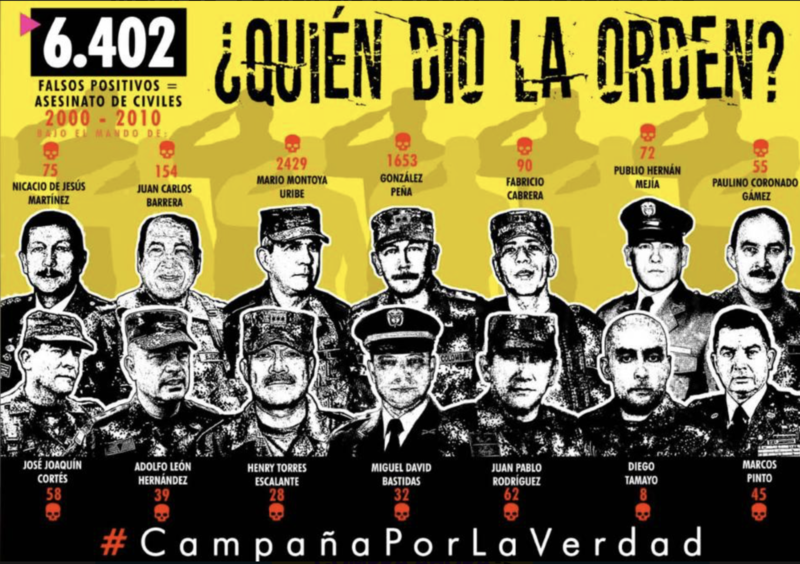
MOVICE murals case
The Movimiento Nacional de Víctimas de Crímenes de Estado (MOVICE) (National Movement of Victims of State Crimes) has painted on several occasions the mural “¿Quién dio la orden?” (“Who gave the order?”), which identifies several members of the military responsible for human rights violations currently under investigation by the Jurisdicción Especial para la Paz (JEP)…
